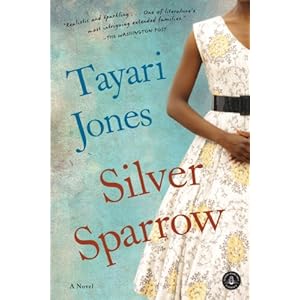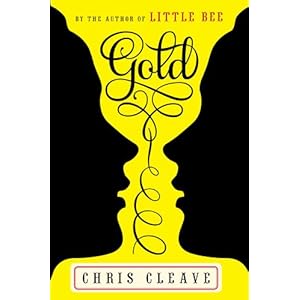 Not much to report on the reading or reviewing front. The books continue to pile up though so I'd better get on with it! This meme is hosted by Sheila at Book Journey.
Not much to report on the reading or reviewing front. The books continue to pile up though so I'd better get on with it! This meme is hosted by Sheila at Book Journey. Books I completed this past week are:
The Tiger's Wife by Tea Obreht
Alice Bliss by Laura Bliss
Bookmarks are still living in the middle of:
Let the Great World Spin by Colm McCann
Triangles by Ellen Hopkins
The Paper Garden by Molly Peacock
Reviews posted this week:
This Life Is In Your Hands by Melissa Coleman
Books still needing to have reviews written (as opposed to the ones that are simply awaiting posting):
The Might-Have-Been by Joseph Schuster
Some Assembly Required by Anne Lamott
Diary of a Mad Fat Girl by Stephanie McAfee
Gossip by Beth Gutcheon
A Wedding in Haiti by Julia Alvarez
When Captain Flint Was Still a Good Man by Nick Dybek
Blue Asylum by Kathy Hepinstall
The Tiger's Wife by Tea Obreht
Alice Bliss by Laura Harrington



























































